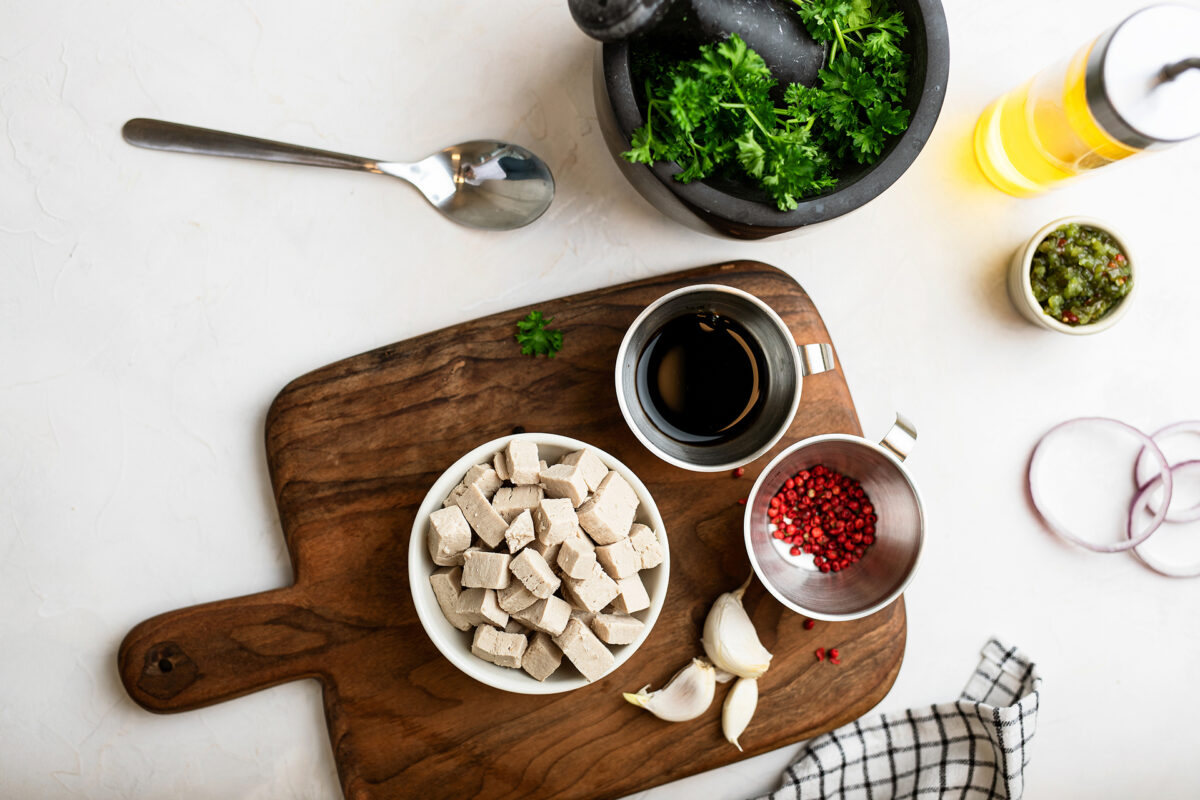Finnish start-up Tracegrow attracts new funding to turn batteries into fertiliser

Finland-based start-up Tracegrow Oy has attracted new investment from Nordic Foodtech VC, bringing its total funding raised in the last year to €2.5 million (around £2.1M).
Established in 2019, Tracegrow’s mission is to work towards a “cleaner environment” by producing sustainable and effective fertilisers out of recycled materials.
The start-up’s two flagship products, ZM-Grow and ZMC-Grow, are formulated with zinc, manganese and sulphur extracted and purified from recycled alkaline batteries. The latter is also enriched with copper extracted from recycled sources.
Alkaline batteries use zinc and manganese to turn chemical energy into electrical energy. These elements are in abundance in the thousands of batteries that are otherwise thrown away every year.
Tracegrow’s work aims to intercept this waste stream and incorporate it into a circular economy. Zinc and manganese deficiencies can result in significant crop losses if not treated properly. According to the company, its foliar fertilisers – fertilisers absorbed through a plant’s leaves – can result in crop yields increased by up to 1,500kg/ha.
The company uses proprietary technology to extract the minerals it needs. Tracegrows’ first production plant in Finland has the capacity to process up to 5 million litres annually, with very low emissions – including no waste water and no flue gases.
Tracegrow products have already been tested on a variety of crops, across a range of climates. Trial crops include barley, corn, and wheat, as well as potatoes, sugar beet and avocados – while trial sites include both research centres and fields in Finland, the UK, the US and more.
Results have been positive, the start-up claims. In particular, the use of ZM-Grow resulted in an up to 24.7% yield increase for barley, it says, while ZMC-Grow caused a 23.5% yield increase for sugar beet.
Because of its composition, Tracegrow fertilisers are certified for organic farming. They can also be mixed with other common herbicides and fungicides.
Additionally, as well as foliar application, the start-up also says the fertilisers can be used as a seed dresser. This practice involves coating seeds in the fertiliser before sowing to increase yield.
Speaking on the start-up’s new investment, CEO Mikko Joensuu said: “We are happy that a leading foodtech investor in (the) Nordics is backing our growth.
“Nordic Foodtech VC is bringing insight, knowledge and networks from the food system to our company. Together we see great potential in helping primary production transition towards a more ecological and productive future.”
Tracegrow’s success comes at a critical time for the fertiliser industry. Production of agro-chemicals has been hugely disrupted by the war between Ukraine and Russia – the latter being the world’s largest exporter of fertiliser.
Mika Kukkurainen, Partner and Co-founder of Nordic Foodtech VC, said: “Reuse of non-renewable natural resources is important for all of us.
“Tracegrow’s magic-sounding technology enables true circular economy and provides remarkable global potential. We are happy to join the company and support their development and growth.”
Find out why the Russian invasion of Ukraine affects production of fertilisers in this Food Matters Live Podcast episode:








